PURPOSE:
Caffeine can be a powerful ergogenic aid for the performance of prolonged, submaximal exercise. Little evidence, however, supports an ergogenic effect of caffeine on intermittent-sprint performance. Hence, this study was conducted to examine the effects of acute caffeine ingestion on prolonged intermittent-sprint performance.
METHODS:
Using a double-blind, placebo-controlled design, 10 male team-sport athletes (amateur level, VO2peak 56.5 +/- 8.0 mL x kg(-1) x min(-1)) completed two exercise trials, separated by 7 d, 60 min after ingestion of either 6 mg x kg(-1) caffeine or placebo. The exercise trial was performed on a front-access cycle ergometer and consisted of 2 x 36-min halves, each composed of 18 x 4-s sprints with 2-min active recovery at 35% VO2peak between each sprint. Urinary caffeine levels were measured after exercise.
RESULTS:
The total amount of sprint work performed during the caffeine trial was 8.5% greater than that performed during the placebo trial in the first half (75,165.4 +/- 3,902.9 vs 69,265.6 +/- 3,719.7 J, P < 0.05), and was 7.6% greater in the second half (73,978.7 +/- 4,092.6 vs 68,783.2 +/- 3,574.4 J, P < 0.05). Similarly, the mean peak power score achieved during sprints in the caffeine trial was 7.0% greater than that achieved during the placebo trial in the first half (1330.9 +/- 68.2 vs 1244.2 +/- 60.7 W, P < 0.05), and was 6.6% greater in the second half (1314.5 +/- 68.4 vs 1233.2 +/- 59.9 W, P < 0.05). Urinary caffeine levels following the caffeine trial ranged from 3.5 to 9.1 microg x mL(-1) (6.9 +/- 0.6 microg x mL(-1)).
CONCLUSION:
This study revealed that acute caffeine ingestion can significantly enhance performance of prolonged, intermittent-sprint ability in competitive, male, team-sport athletes.

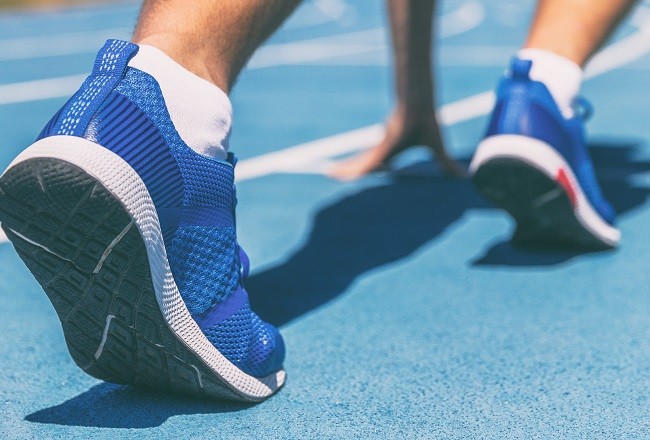
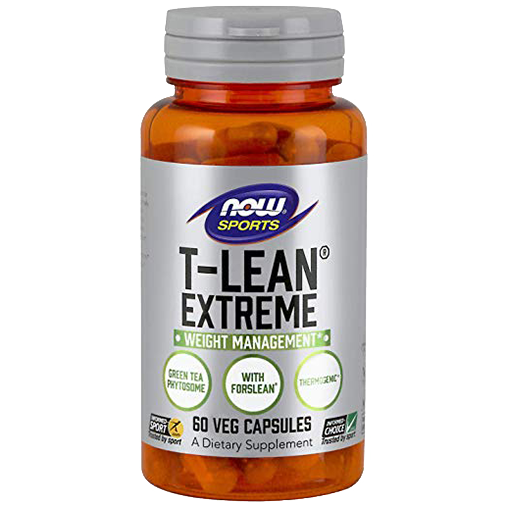

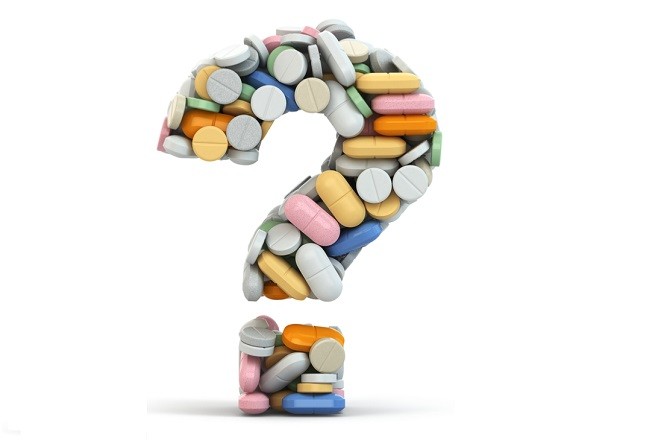
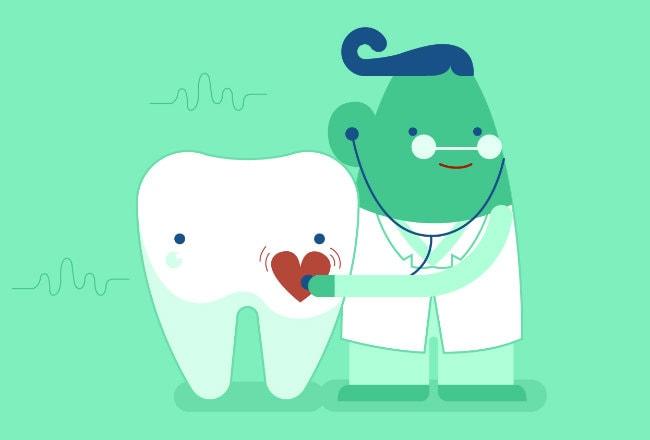

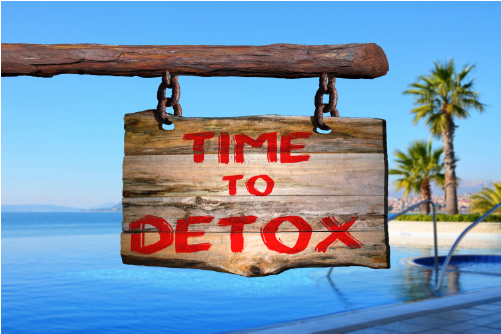
Comments (0)